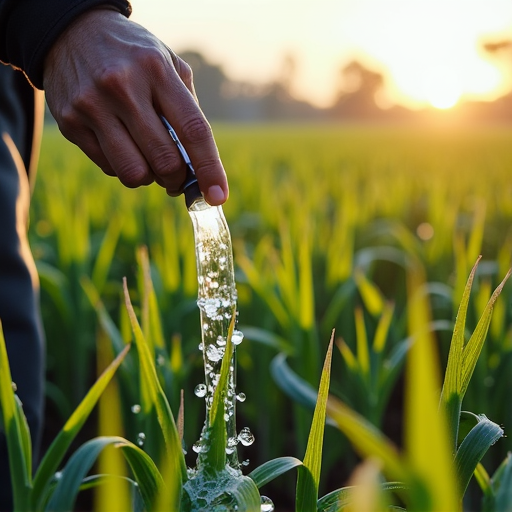
Global Water Scarcity: The Next Economic Shock?
Water scarcity, a pressing global issue, is increasingly being recognized as a potential economic shockwave. With freshwater resources dwindling, industries ranging from agriculture to high-tech sectors like semiconductors are feeling the strain. Moreover, international relations are being tested as nations compete for limited water supplies.
Impact on Agriculture
Agriculture, the largest consumer of freshwater, is particularly vulnerable. Regions like Central Asia, West Asia, and North Africa, already arid, face physical water scarcity. This scarcity threatens food security, as crop yields decline and irrigation becomes unsustainable. Economic water scarcity, prevalent in Sub-Saharan Africa, exacerbates the problem due to inadequate infrastructure.
Tech Industries at Risk
The tech industry, especially semiconductor manufacturing, relies heavily on water for production. Water shortages in regions like Taiwan, a global semiconductor hub, could disrupt supply chains, leading to economic repercussions worldwide. Companies are now investing in water-efficient technologies to mitigate risks.
Strained International Relations
Water scarcity is also fueling geopolitical tensions. Transboundary water disputes, such as those along the Nile or Mekong rivers, highlight the potential for conflict. Cooperation and sustainable management are critical to preventing water wars.
Solutions and the Way Forward
Addressing water scarcity requires a multifaceted approach. Innovations like wastewater reuse and desalination offer hope, while policies promoting water conservation and international collaboration are essential. The stakes are high, but proactive measures can avert a crisis.
